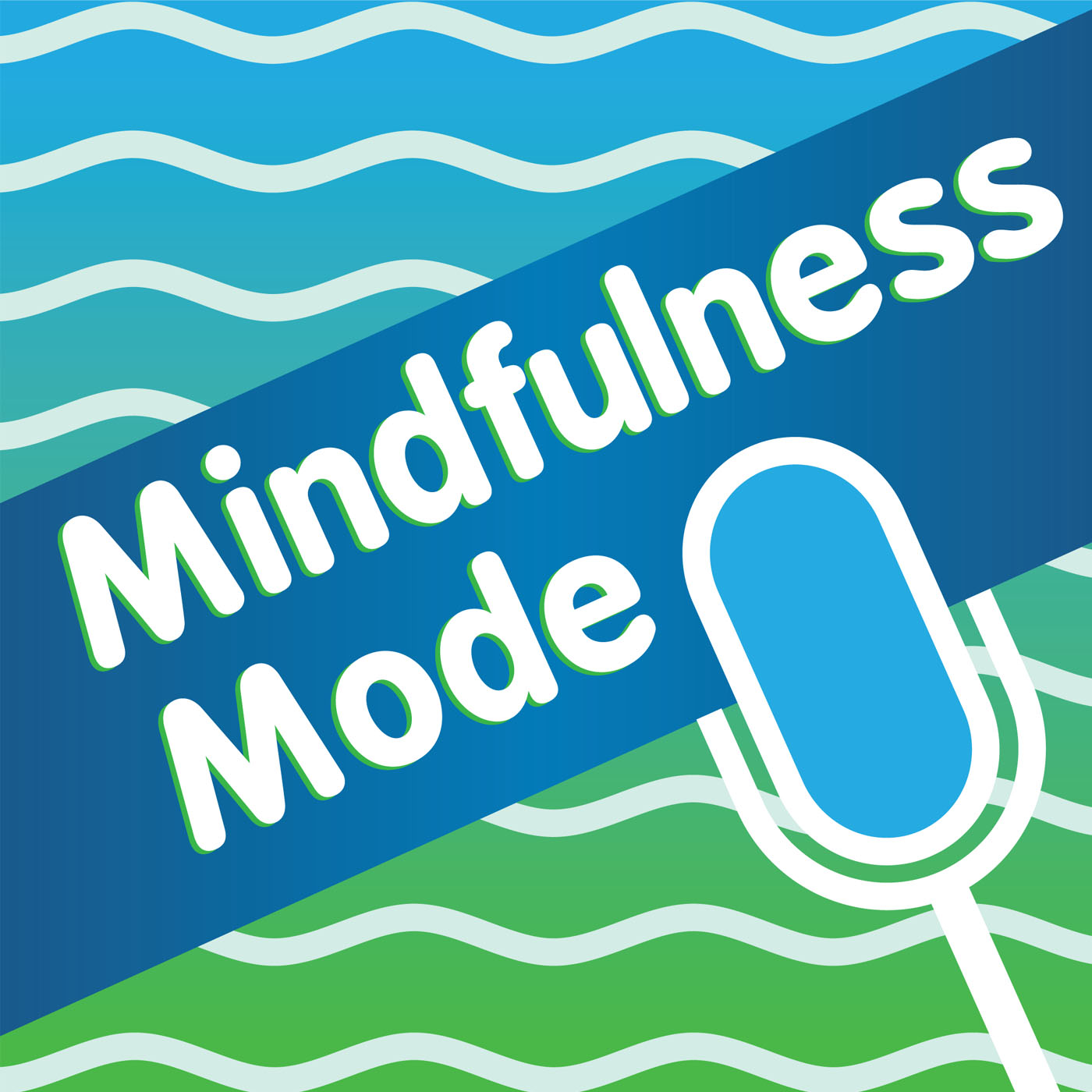
Raised in Alaska, Damion Lupo is part Alaskan, part Texan and 100% Reinvention. He's a four-time college dropout who cut his teeth in the trenches of real life, becoming a self-made multimillionaire by age 25. He's the founder of Yokido, holds a black belt in Aikido, is a practitioner of yoga and a student of Reiki. He's a lifelong student of Austrian economics and runs a precious metals company based in Austin, Texas. Damion spends his time teaching and lecturing on the art of Reinvention with his unique teaching style focused on his personal life experiences and the process for developing consciousness and awareness to the truth. His personal philosophy of self responsibility influences his Yokido practice and his financial theory around retirement planning.
Contact Info
- Company: Total Control Financial
- Website: www.DamionLupo.com
- Social Media: Twitter & FB @DamionLupo
Most Influential Person
- Frank Allen
Effect on Emotions
- It, [mindfulness] let me let go of the anxiety, the stresses, the ability to ask what is true. It allows us to let go of the stuff; the beliefs. We peel back these onion layers, and whether that was sitting in an office and chatting or whether that was on the dojo and we're throwing each other around. Always repeatedly asking that question, you keep going deeper.
- To me this is what a great coach does or a great therapist; they just hold space because we are our own inner guru.
- We are all black belts. We have all this stuff in us. What we have to do is find ways to get outside of all of the barriers and blocks.
- Somebody that's holding space will ask questions to where we start peeking around the corners and we start seeing things and we show up because it's already inside us.
Thoughts on Breathing
- One of the things that I really hated ago was, years ago, when I was stressed out, when my financial world was really at the peak.
- At the time I was spending a lot of money, making a lot of money and there was a lot of toxicity going on.
- And one of the problems was I took a break from martial arts for a couple of years where I wasn't really training and I don't think I was really breathing; very shallow breathing. And so there was a lot of dead air. There's a lot of dead life. There was just nothing going on deep down in my lungs and really pushing through my body.
- And so one of the things that I shifted to – I started learning about Transcendental Meditation.
- I started learning how to deep breathe and to really take breath all the way in and slow it down.
- And it's funny because if you think about this, the world is going so fast. Anything we can do to slow things down, even if it's for seconds or minutes a day, can change everything because we start seeing things. Otherwise we're just running, we're in a rat race all the time.
- So that was probably the one key thing was slowing it down and being able to focus on that.
- Literally thinking about my breath, counting my breath. It seems crazy or simple or like you know OK I've heard that before. All right. Well great. How often are we doing it? And that's really the question. How often can we get in that space where we're paying attention to our breath?
- And that's what I'm doing now more than ever. Back then one of the side effects of not being there, that toxicity, was the anxiety and the stress. And it was causing me to be really nauseous.
- And typical system answer; hey we'll give you drugs, let's give you clonopin or something.
- And the breath work has allowed me to shift away from that. So I haven't touched any of that stuff for many many years. But I think if people don't focus on their breath they're going to be stuck in big pharma and a lot of the other numbing agents whether it's drugs or alcohol or these different things and the breath can absolutely solve anything.
Suggested Resources
- Book: Mastery: The Keys to Success and Long-Term Fulfillment by George Leonard
- App: Calendar
Bullying Story
- Boys, the amount of bullying that I've experienced. I mean one of the most intense events in my life was when I was in junior high up in Alaska.
- I had a kid come on the school bus and he pulled a 357 pistol out into my head and said he's going to kill me. And that's a pretty intense bullying experience.
- Not very many people know that I had that experience. And it's I think that was one of the things that made me feel like I need to be able to be in the space where I can do something; that I'm not going to be a victim.
- And so now, one of the things that I train on is is being able to move gently around that type of thing. So if that were to happen [again], if somebody were to pull a gun on me or to pull a knife or whatever, I'm naturally, instinctually going to move around it. And I'm going to deflate or de-escalate the situation.
- And those type of events didn't just stop in junior high. When you're out there disrupting and that's what I tend to do because I don't follow systems very well. I tend to say this is a bad idea, which makes people crazy that are really focused on protecting their system.
- I tend to disrupt a lot which pushes the system back on me and I'm OK with that because I'm doing it for something that is more impactful and freeing people in pretty much every case these days.
- So I've had lots of different pushback from people telling me I was crazy. In 2010 for example I was on a a campaign and I was volunteering and I got fired as a volunteer. So that tells you how bad of an employee I am.
- And after this thing happened I was watching the Internet and I noticed people were saying that I had been fired. And so there were these anonymous trolls that were out there and this happens on Facebook. I mean people are sadly committing suicide. Kids are committing suicide when this stuff happens. It's horrible.
- And my experience was just this onslaught of people being negative and just attacking me, telling me how terrible of a person I was. And I was defending it and I finally said, wait a second, let's just be honest. What happened? I got fired. I wish that I had quit.
- And that was one of the moments I realized I had to just be with the truth and the truth was I was a terrible employee. I didn't follow the rules I was trying to break the system because I wanted to win. And I just acknowledged it and that was a big step I think in the right direction, acknowledging the truth. It was allowing and I can take that and redirect it.
- And that's one of the principles of Akito. It's being with the energy and allowing it. You can redirect it but you're not going into it. You're not fighting it. And that's a very common thing when we think about conflict.
- We don't think about turning and blending with something and accepting it and saying thank you for it.
- We think about saying no you're wrong and I'm going to get into a fight and I'm going to win. I'm going to beat you. And that usually doesn't end very well.








